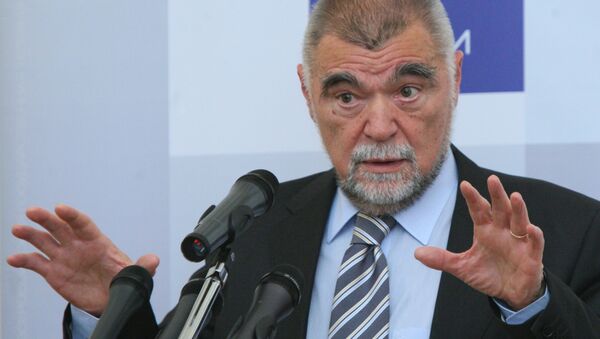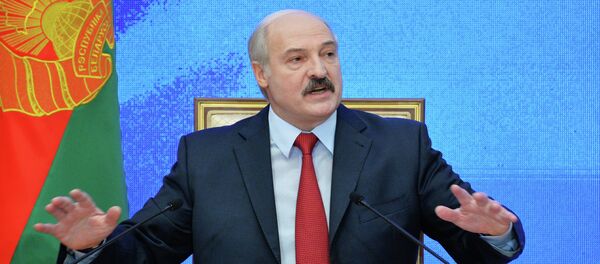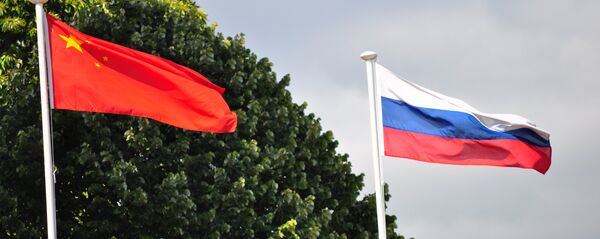"In Riga already it's traditional for a march of former SS soldiers to be held, who walk proudly through the town with their insignias and military decorations… Chancellor Merkel keeps silent, President Hollande keeps silent, and President Obama keeps silent," writes Mesic. "But, while on the one hand they 'don't see' neo-fascism in Europe, on the other they refuse to take part in the celebration of 70th anniversary of the defeat of fascism in Moscow."
The decision to snub the May 9 parade, says Mesic, has been taken "as though they are condemning Putin's politics. But, May 8 is celebrated as a victory over an order which, had there not been huge Soviet sacrifices, would have ruled over a large part of the world, despite the bravery and steadfastness of Churchill, de Gaulle and their supporters. And the victory of Nazi fascism would have meant – darkness."
In the article, published on Sunday in the Croatian newspaper Novi List, Mesic warns about the trend towards historical revisionism in Europe, and its expression in Croatian society, warning that "suddenly we have started to 'find out' new truths about the Second World War."
"About Jasenovac [a concentration camp] and the Black League — a lot of documents exist and anybody who doubts my statement about 'cutthroats,' let them have a look at the documents: authentic documents and not an interpretation of historical events."
"Everything that existed before 1990 suddenly was no good," writes Mesic, drawing a parallel between the fall of Communism and the trend toward Second World War revisionism. "That was all a lie and 'Communist propaganda.'"
"That same international community which hasn't refrained from applying pressure when it comes to current events, has now with a strange calmness and without reaction accepted this renaissance of Ustashism and the relativization of the crimes of Nazi-fascists and their accomplices."
"To the question of why, the answer is simple: because everything was considered good, absolutely everything, that was a radical break with the socialist past."
As well as pointing to such particular examples of the growth of neo-nationalism in individual European nations, Mesic warns about the failure of the European project to prevent such developments, the very thing it was set up to prevent:
"The European Union grew out of the idea for a need to create an efficient mechanism to prevent any repeat of world war or holocaust. Those who today are dictating its politics, have evidently forgotten that, or pretend to have forgotten. It's as though they simply enjoy that in the East, read, in Russia, [they can] again see an enemy. And one of the most reliable preconditions for the creation of a fascist movement is the existence of an enemy, and mobilization against him."
Mesic, 80, was President of Croatia from 2000 – 2010, and served as the last head of the Yugoslav Presidency before the break-up of the federation, from June to October 1991.




